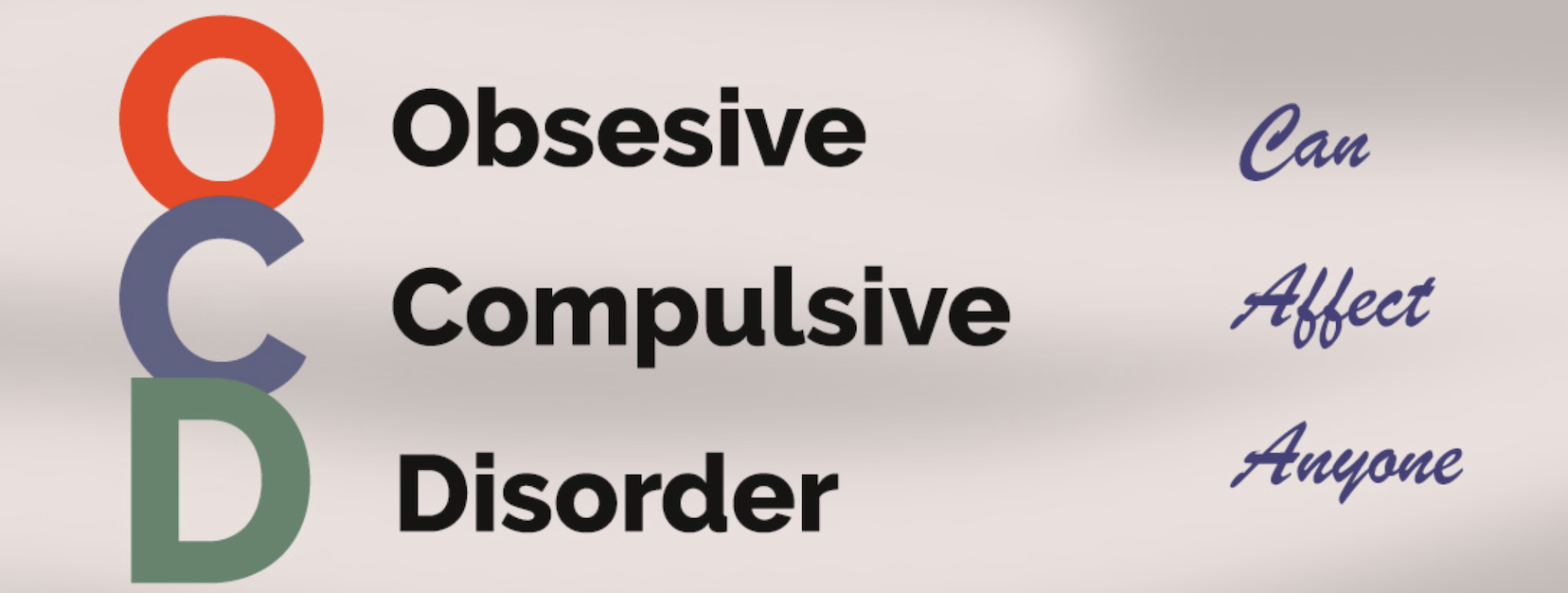Obsessive Compulsive Disorder (OCD)
What Does OCD Really Look Like?
It’s not always like what you see in the movies.
OCD isn’t just about handwashing or counting.
Sometimes it shows up more quietly — in your mind.
You might notice:
Intrusive thoughts that feel disturbing or unwanted
Mental rituals like reviewing conversations or “canceling” thoughts
Avoidance of people, situations, or places
Excessive doubt or fear of making a mistake
Milder symptoms that others don’t notice — but you feel every day
Even mild or “high-functioning” OCD can deeply affect your wellbeing.
Common Obsessive Thoughts
Fear of harming others or yourself
Fear of contamination or illness
Doubts about relationships or identity
The belief that “something bad will happen” if you do not participate in a certain action
A need for things to feel “just right”
Common Compulsions
Excessive checking (doors, stoves, messages)
Repeating words or actions
Avoiding people, triggers, or places
Mentally reviewing in an attempt to stop thoughts
Constantly asking for reassurance
“But I’m High-Functioning…”
You don’t have to be in crisis to have OCD or get help with things you are struggling with.
If you’re spending too much time managing your thoughts or habits — and it’s affecting your relationships, focus, or peace of mind — therapy can help.
How can I help with OCD?
I offer evidence-based, personalized therapy for OCD, using tools like:
Cognitive Behavioral Therapy (CBT)
EMDR
A compassionate, collaborative approach — never pushy or judgmental
You are not broken and you are not alone!!!!!!
OCD can make you feel stuck — but change is possible.
You don’t have to do this alone.
Ready to Get Started?
If you’re ready for relief, I’d love to help!

